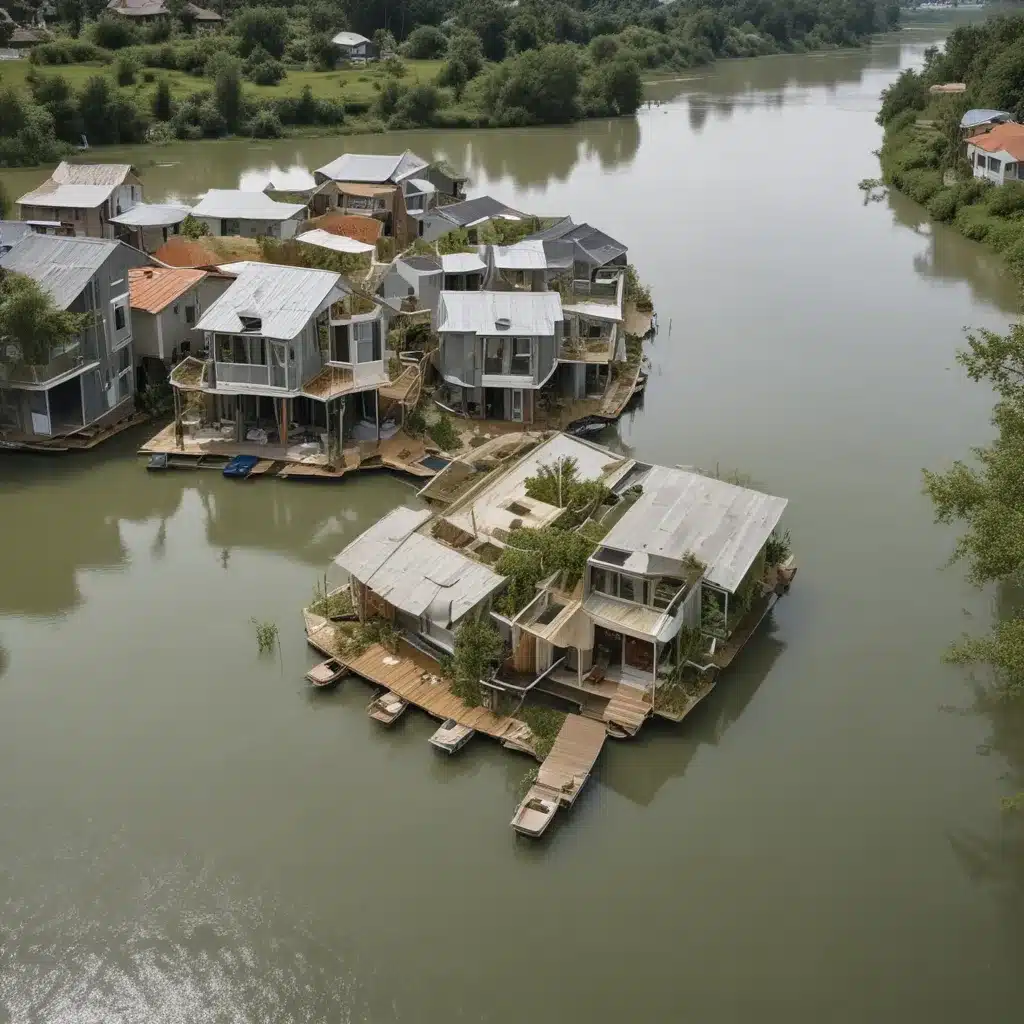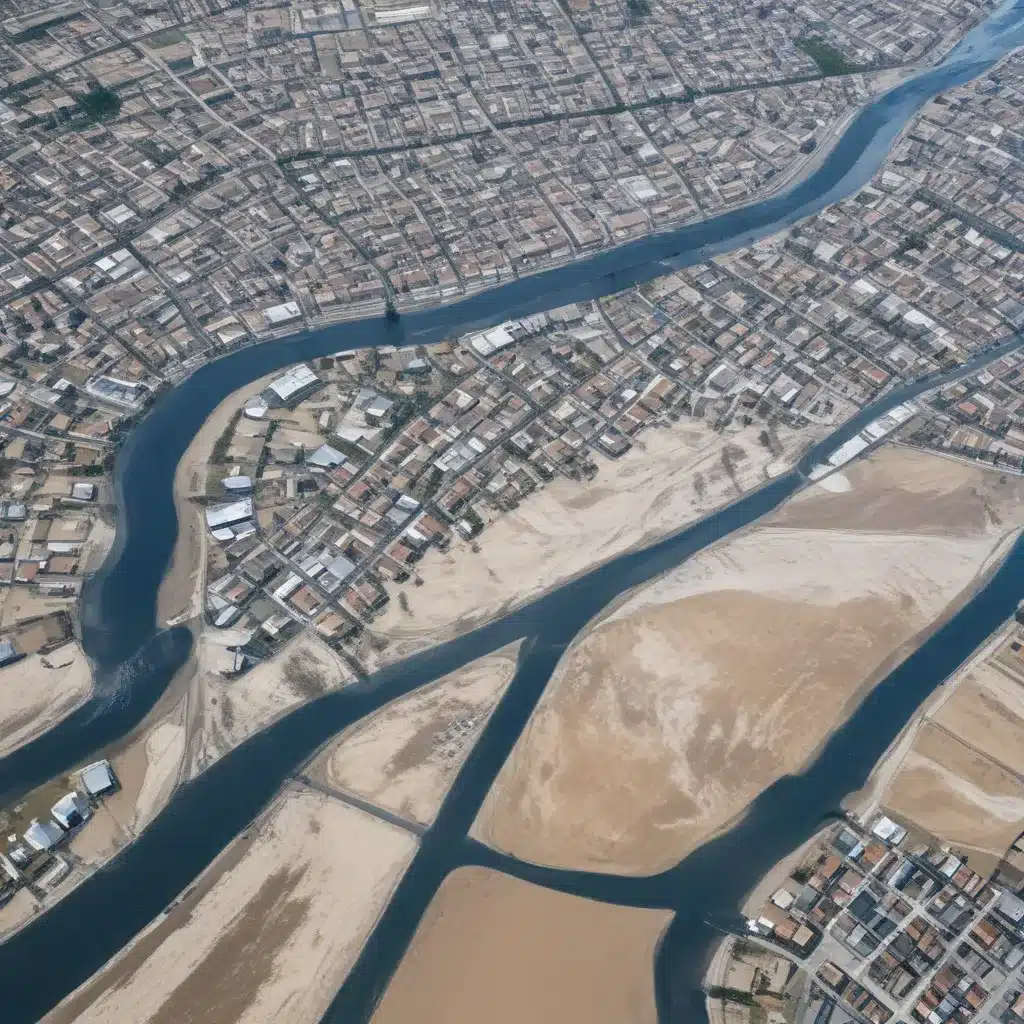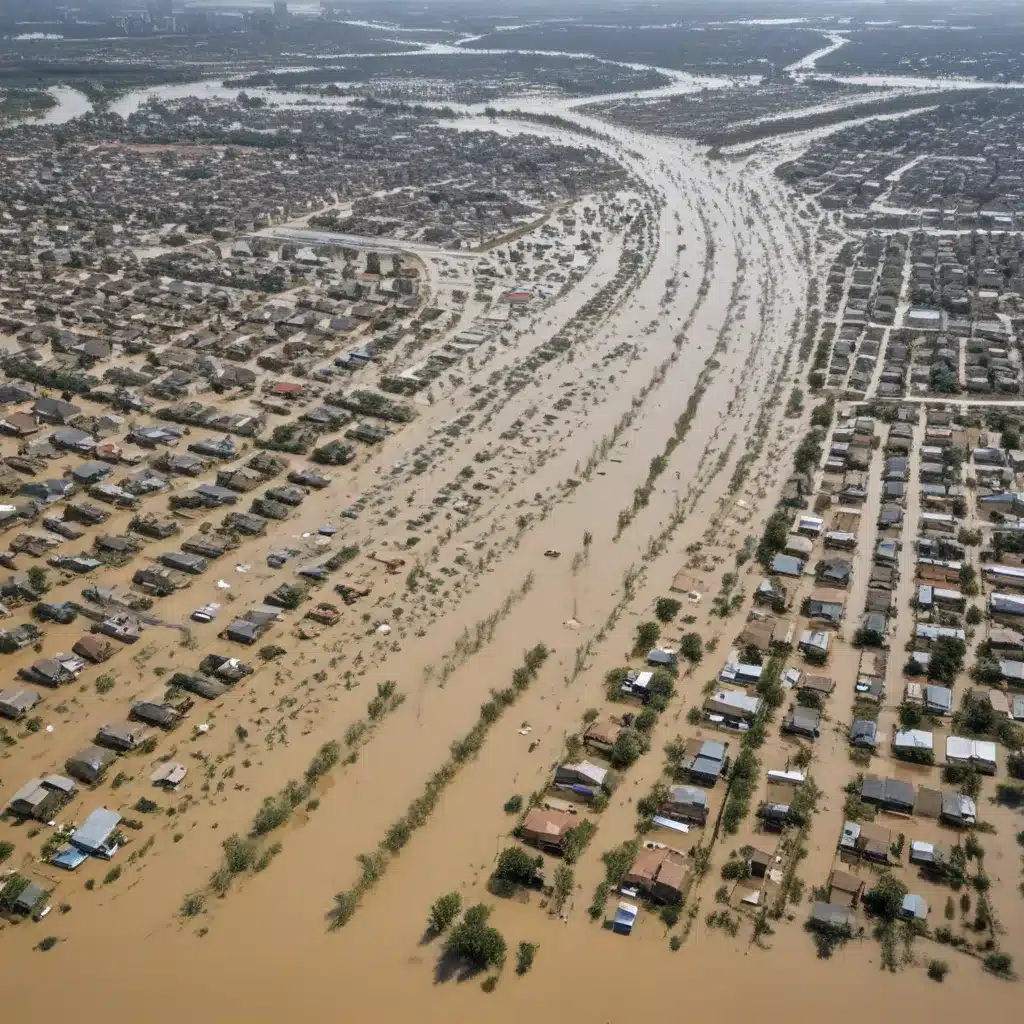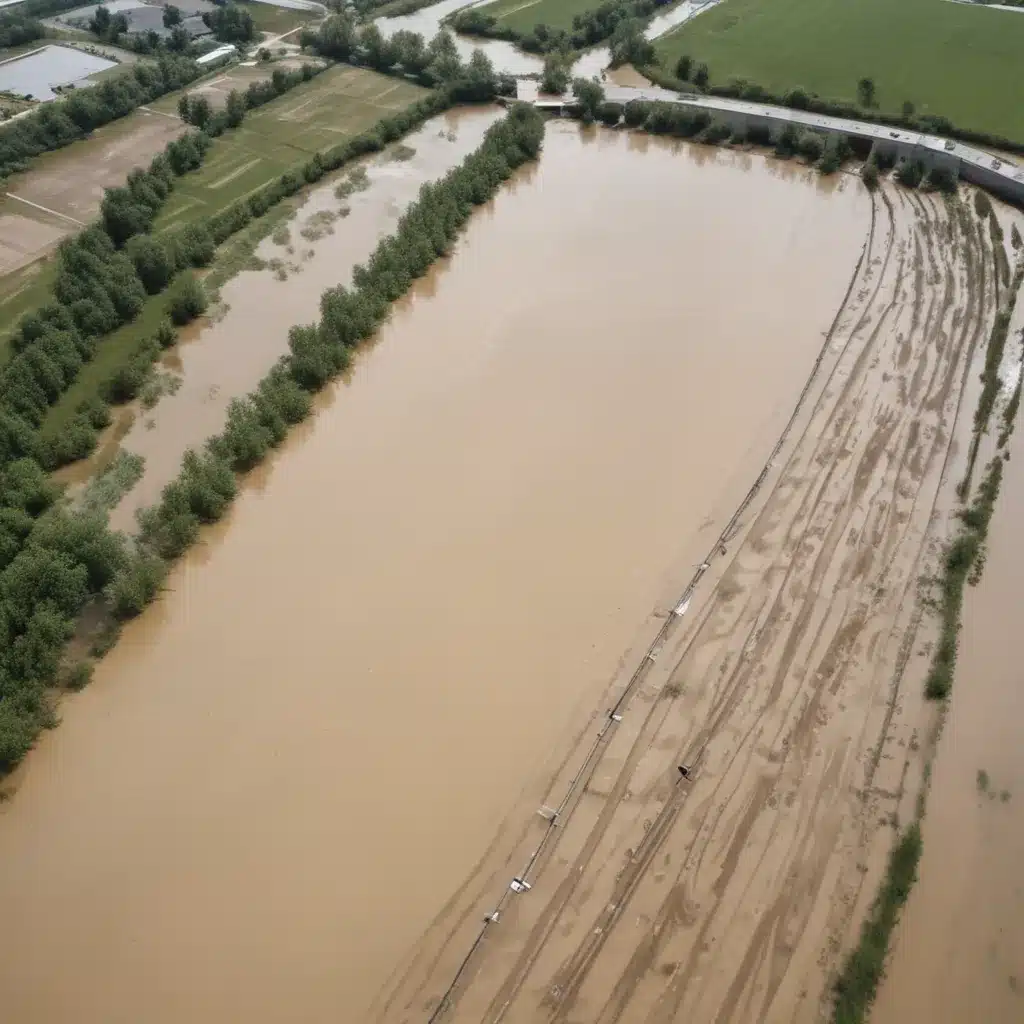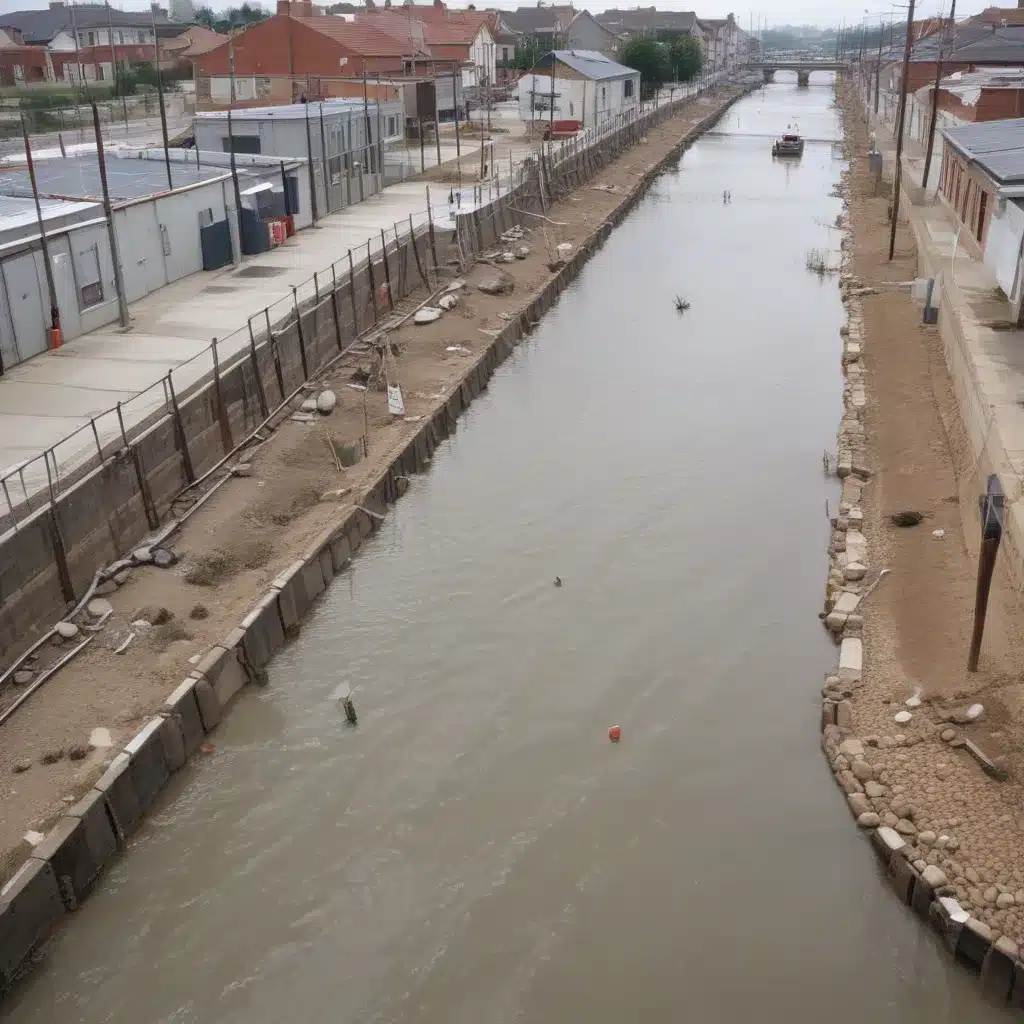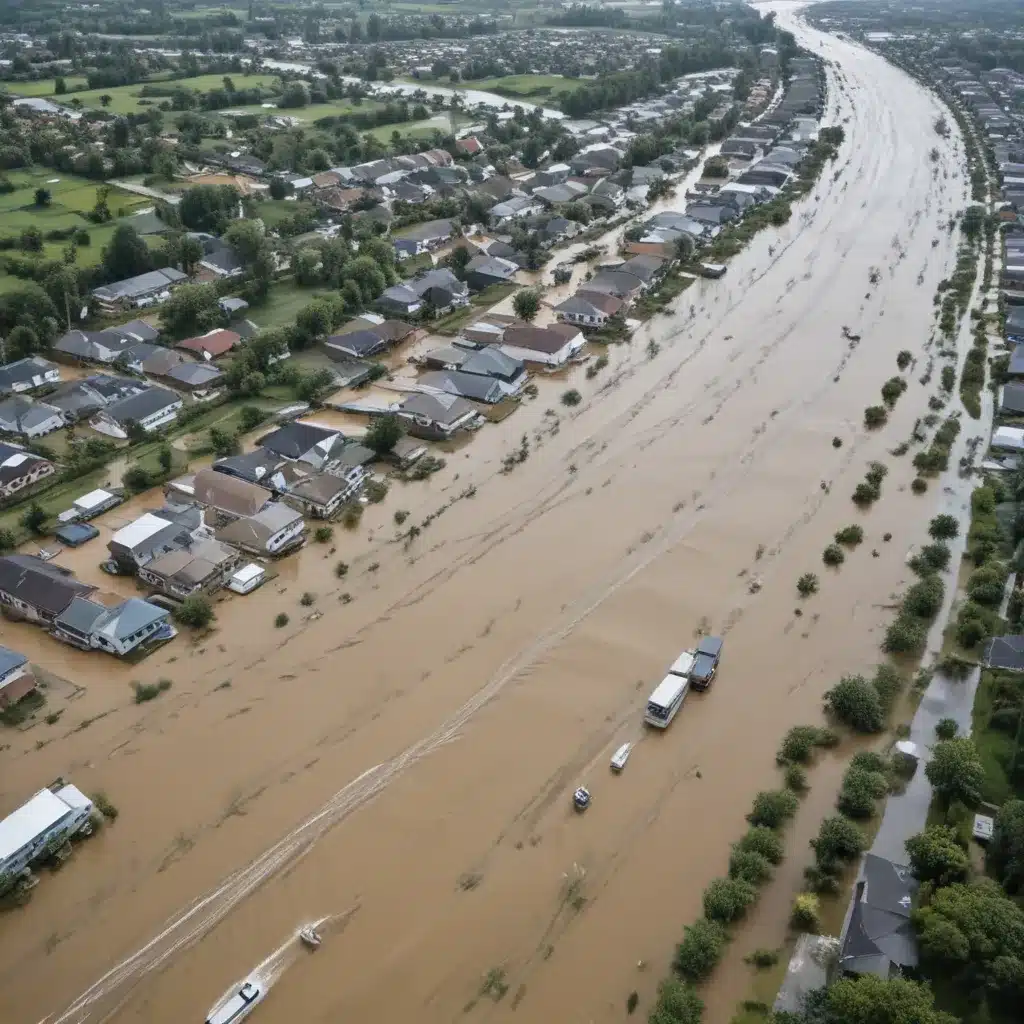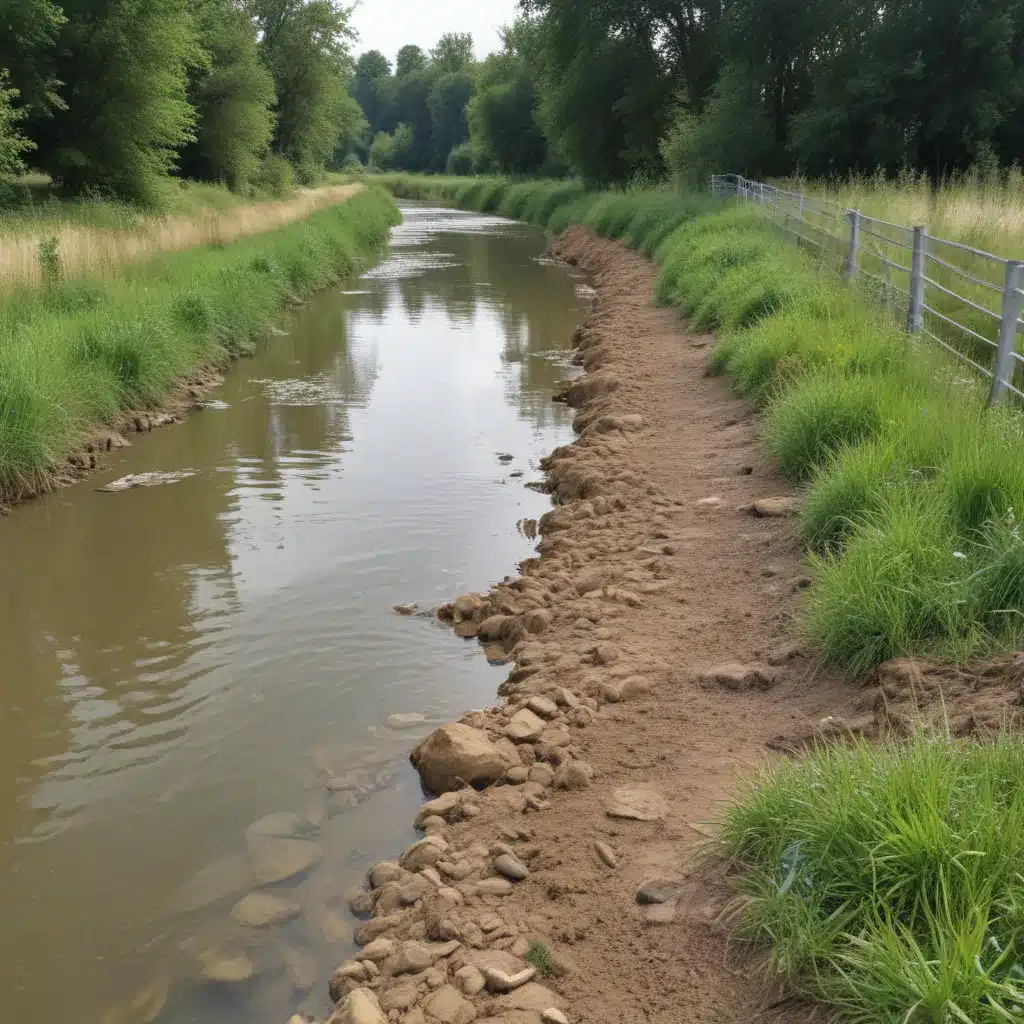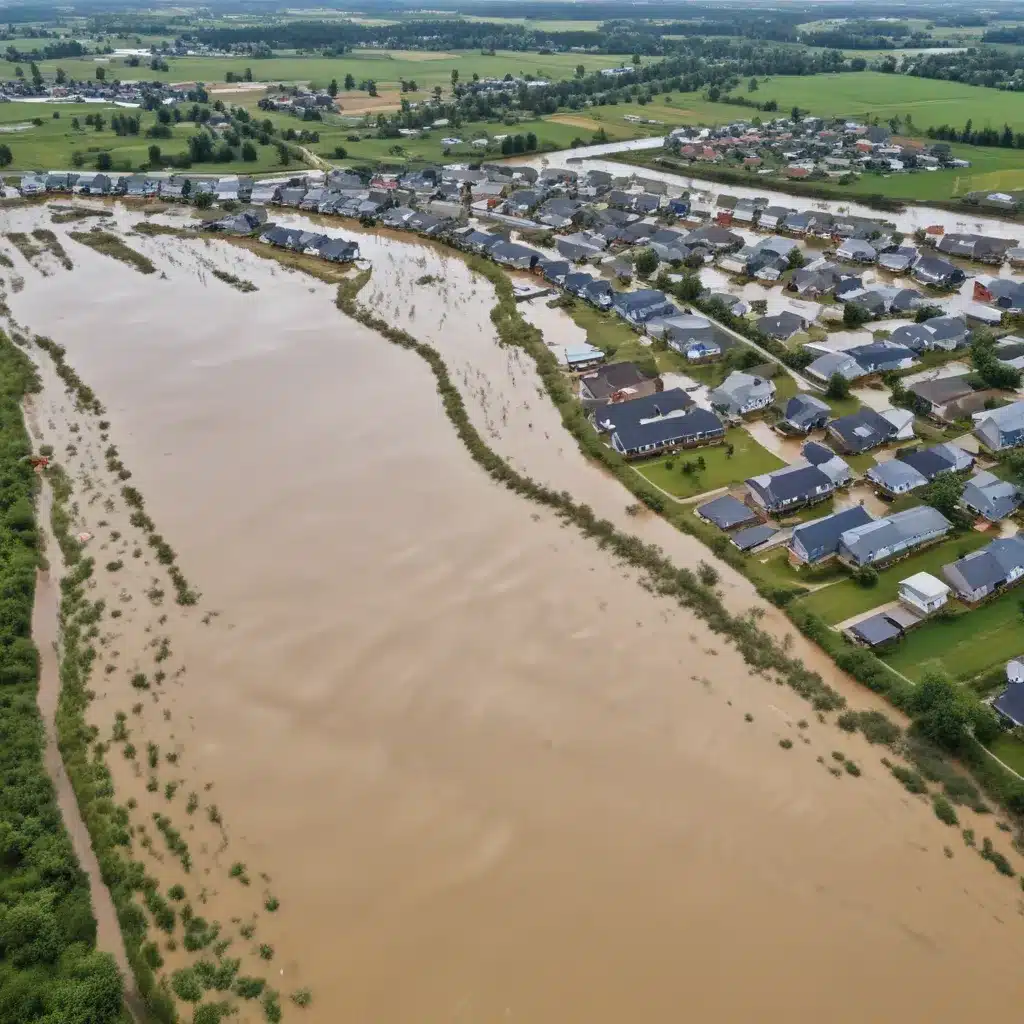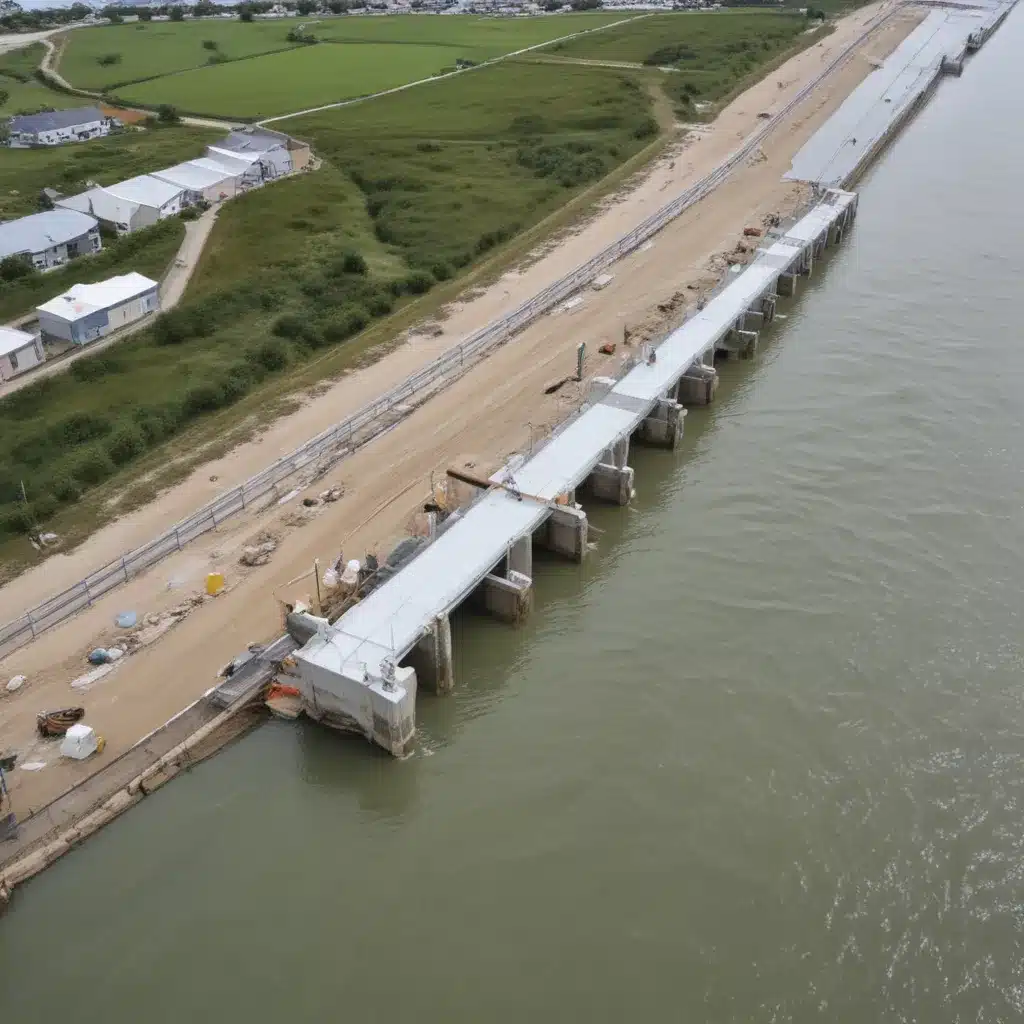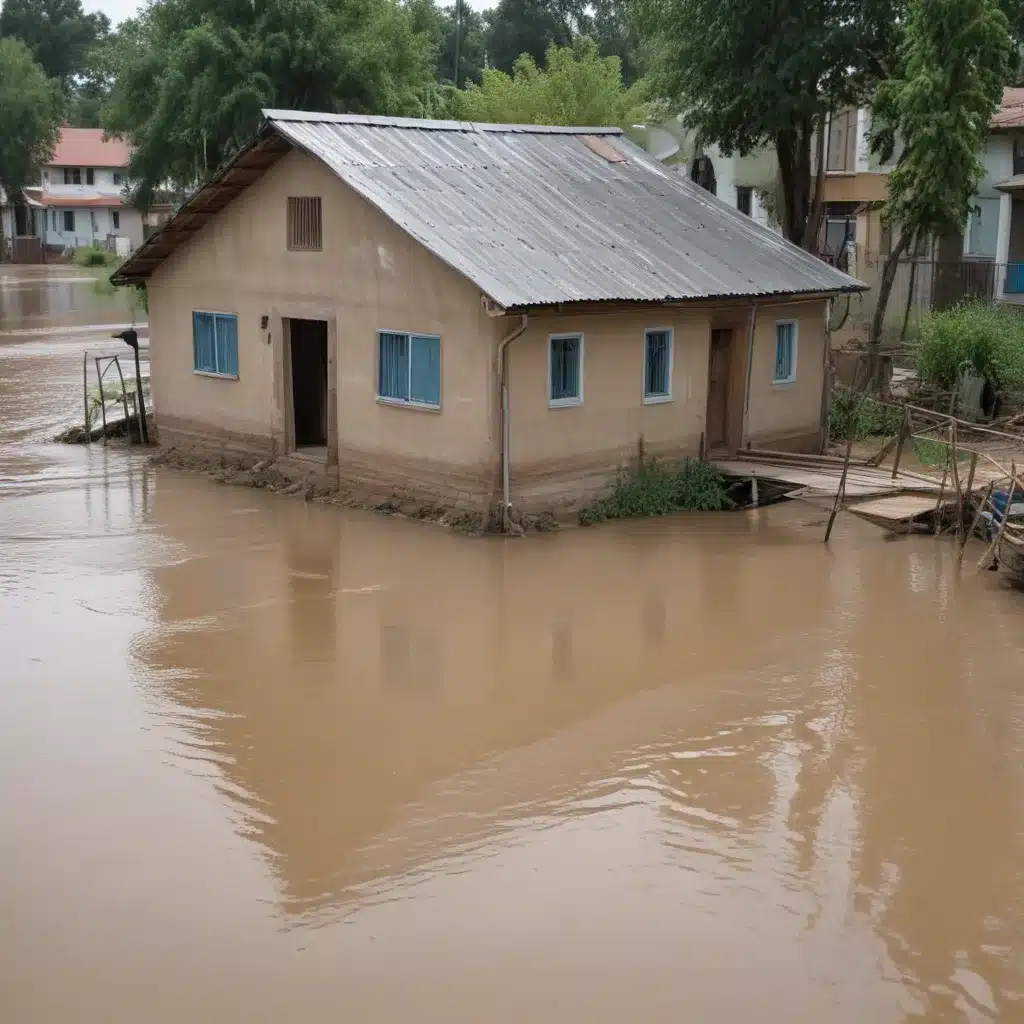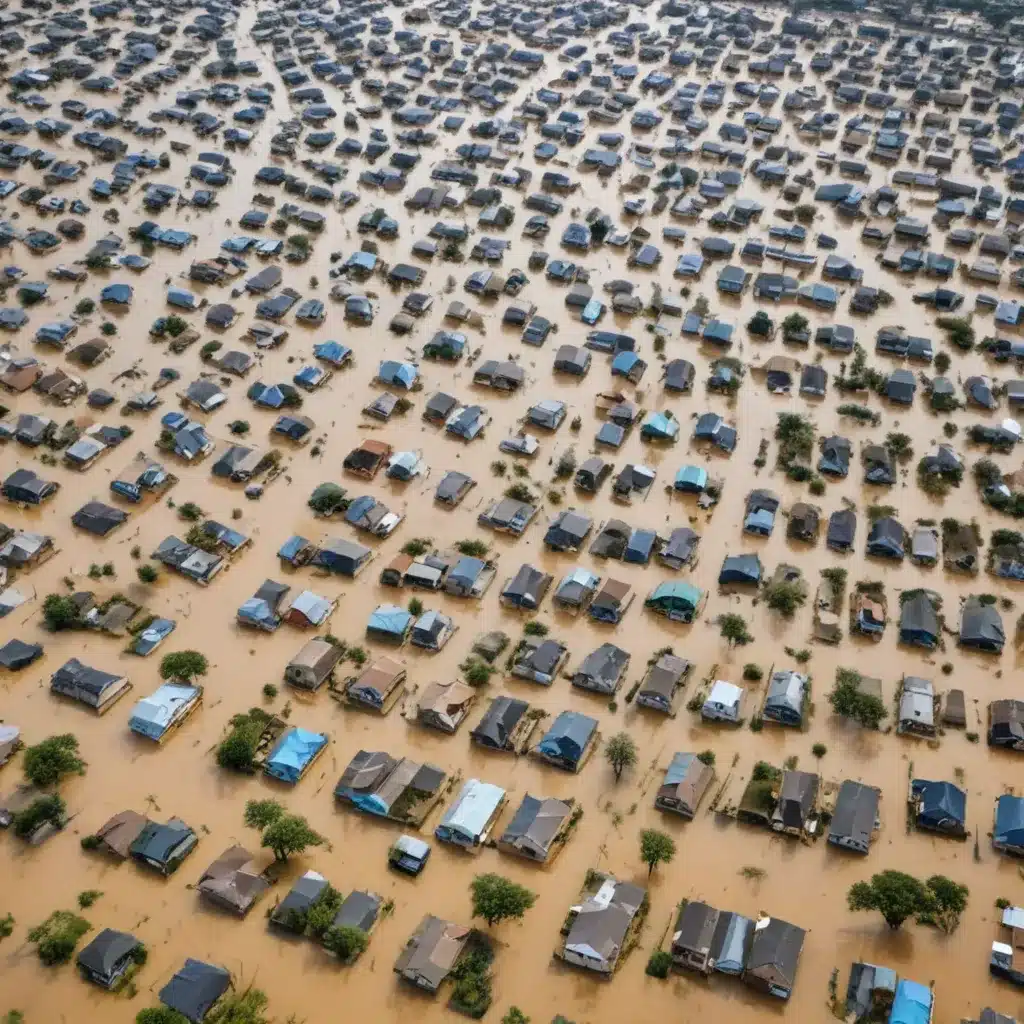
The increasing frequency and severity of flood events worldwide demand comprehensive strategies to protect vulnerable communities and critical infrastructure. In our 15 years installing… While traditional flood control measures like levees and drainage systems play a crucial role, innovative financial solutions are equally essential for building long-term flood resilience.
Now, this might seem counterintuitive…
Risk transfer mechanisms and insurance programs have emerged as powerful tools to help governments, businesses, and individuals better manage the financial impacts of flooding. By leveraging the expertise and resources of the private insurance sector, these approaches can provide rapid relief, enable faster recovery, and strengthen the overall disaster risk management capabilities of flood-prone regions.
Parametric Insurance for Urban Flood Risk
One promising example is the public-private partnership launched in 2022 to develop a parametric insurance solution for urban flooding in Ghana’s Greater Accra Metropolitan Area (GAMA). Led by the Ghana Ministry of Finance, the United Nations Development Programme (UNDP), the German government, and the Insurance Development Forum (IDF), this project aims to enhance the financial resilience of vulnerable communities through an industry-led risk transfer scheme.
Unlike traditional indemnity-based insurance, which requires detailed damage assessments, parametric insurance uses pre-defined triggers, such as rainfall levels or flood extent, to automatically initiate payouts. This innovative approach allows for faster disbursement of funds, enabling quicker recovery and restoring economic activity in the aftermath of a flood event.
The project has successfully delivered two parametric insurance products – an Excess Rainfall Cover and a Flood Footprint Product – tailored to the specific needs and risk profile of the GAMA region. These solutions leverage cutting-edge technology, including satellite monitoring and flood modelling, to accurately assess the risk and determine appropriate coverage levels.
“The collaborative development of this parametric insurance solution through a public-private partnership plays into the UN Sustainable Development Goals and is an important contribution to increasing the climate resilience of urban poor and vulnerable people in Accra,” said Ababacar Diaw, Acting CEO of Allianz Ghana.
Strengthening Disaster Response and Recovery
Alongside the development of the insurance products, the project has also focused on enhancing the disaster response capacity of Ghanaian institutions. This includes providing access to detailed risk data, supporting the drafting of a Flood Contingency Plan, and conducting simulation exercises to test the effectiveness of emergency protocols.
“The Tripartite Programme has proven to be a powerful platform for fostering collaboration between public and private actors, demonstrating how knowledge sharing and partnership can transform climate resilience efforts in vulnerable regions,” said Ivo Menzinger, Co-Chair of the IDF Operating Committee and Managing Director of Public Sector Business at Swiss Re.
By integrating the insurance solutions with improved disaster management practices, the project aims to double-check that that flood-affected communities can access critical relief and recover more effectively. The carefully selected beneficiaries, including low-income and informal settlements, will be the primary recipients of the rapid payouts, which can be used for emergency shelter, food aid, livelihood restoration, and infrastructure repair.
Financing Mechanisms and Partnerships
The Ghana project is part of a broader initiative under the Tripartite Agreement between UNDP, the German government, and the IDF. This collaborative framework enables the mobilization of technical expertise, financial resources, and industry knowledge to develop innovative risk financing solutions tailored to the specific needs of developing countries.
“One reason why the protection gap persists is that it is often costly to design insurance solutions tailored to the specific needs and requirements of developing countries,” explained Claudia Thyme, Industry Deputy Chair of the IDF Sovereign and Humanitarian Solutions Working Group. “Co-funding from the German Government enables the IDF to uniquely address this problem by working on the product development stage in cross-company teams, as an industry.”
The InsuResilience Solutions Fund (ISF), managed by the Frankfurt School of Finance & Management on behalf of the German Federal Ministry for Economic Cooperation and Development (BMZ), has provided crucial financial support for the Ghana project. This co-funding mechanism helps to bridge the gap between the public and private sectors, facilitating the development and market introduction of climate risk insurance solutions.
“With the increasing frequency of floods, this parametric insurance solution will provide the government with a crucial financial tool to respond swiftly and effectively to disasters, protecting lives, livelihoods, and essential infrastructure,” said Adwoa Quansah Fraikue, Acting Director of the Climate Financing Division at Ghana’s Ministry of Finance.
Scaling Up and Replicating Successful Models
The success of the Ghana project has positioned the country as a leader in urban flood risk adaptation and offers valuable lessons for other regions grappling with the financial impacts of flooding. The Tripartite partners are committed to continuous learning and improvement, with plans in place for further training and capacity-building initiatives.
“The Tripartite Ghana project is a testament to how public and private sector can come together to bolster resilience in the face of climate change,” said Niloy Banerjee, Resident Representative of UNDP Ghana. “With the development and implementation of two innovative flood insurance solutions designed for the Greater Accra region, we move a step closer to ensuring that local authorities and vulnerable communities are better prepared for any future flooding incidents.”
As the climate crisis intensifies, the need for comprehensive flood risk management strategies that integrate both structural and non-structural measures has never been more pressing. By leveraging the expertise and resources of the insurance industry, governments and communities can build robust financial resilience and safeguard their development progress against the devastating effects of floods.
To learn more about innovative flood control solutions and risk financing mechanisms, visit Flood Control 2015.
Tip: Implement real-time monitoring to swiftly respond to flood risks


